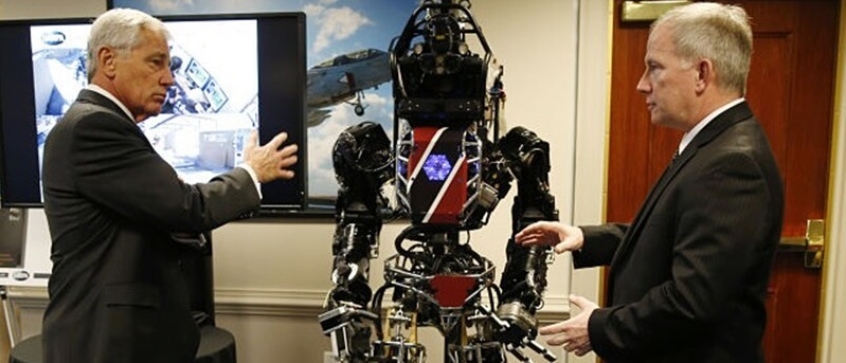
Last year, well known tech entrepreneur Elon Musk told his colleagues in the technology industry to rein in efforts towards developing artificial intelligence.
Musk, chief executive officer of the space transport company SpaceX, warned against the possible bad effects of artificial intelligence, even going to the extent of likening it to inviting and trying to control the devil.
"I think we should be very careful about artificial intelligence. If I were to guess at what our biggest existential threat is, it's probably that. We need to be very careful with artificial intelligence," Musk said in October last year.
"With artificial intelligence, we are summoning the demon. You know all those stories where there's the guy with the pentagram and the holy water – he's sure he can control the demon. It doesn't work out," he added.
Musk's warning, however, seemed to have fallen on deaf ears. Instead of exercising restraint in their efforts to develop artificially intelligent technology, tech giants like Facebook are actually stepping up efforts to, in Musk's words, "summon the demon."
At an event in the Indian Institute of Technology in New Delhi this week, Facebook chief executive officer Mark Zuckerberg revealed his company's plan to develop within a decade artificially intelligent technologies that will even be smarter than humans.
"We have this goal in five to 10 years, we want to build computer systems, which can be better at main human senses than people are – can see better, recognise people or things in the world, can kind of track as we travel through the world, can hear better, can translate language better, can understand the language, right? All these things are basic human senses," Zuckerberg said, as quoted by Tech Times.
The Facebook chief also raised the scary possibility of satellites being able to track down people.
"In the future, it's going to be possible with satellites to identify who's in an area and who needs help. Is that the type of thing that a computer can do better than people in the future? Probably," Zuckerberg added.
Having these moves by tech giants in mind, the Future of Life Institute, an organisation backed by Harvard and MIT scientists, also recently warned about how artificial intelligence can be used to commit crimes.
"Autonomous weapons are ideal for tasks such as assassinations, destabilising nations, subduing populations and selectively killing a particular ethnic group. We therefore believe that a military AI arms race would not be beneficial for humanity. There are many ways in which AI can make battlefields safer for humans, especially civilians, without creating new tools for killing people," the group said in a letter, as quoted by WND.com.
Some tech workers, like app developer Greg Cohn, still think the future is bright with artificial intelligence.
"People have painted these doomsday scenarios. I'm not quite as much of a naysayer on that. I'm really excited about what AI can do for us," Cohn said, as quoted byCNBC.com.













